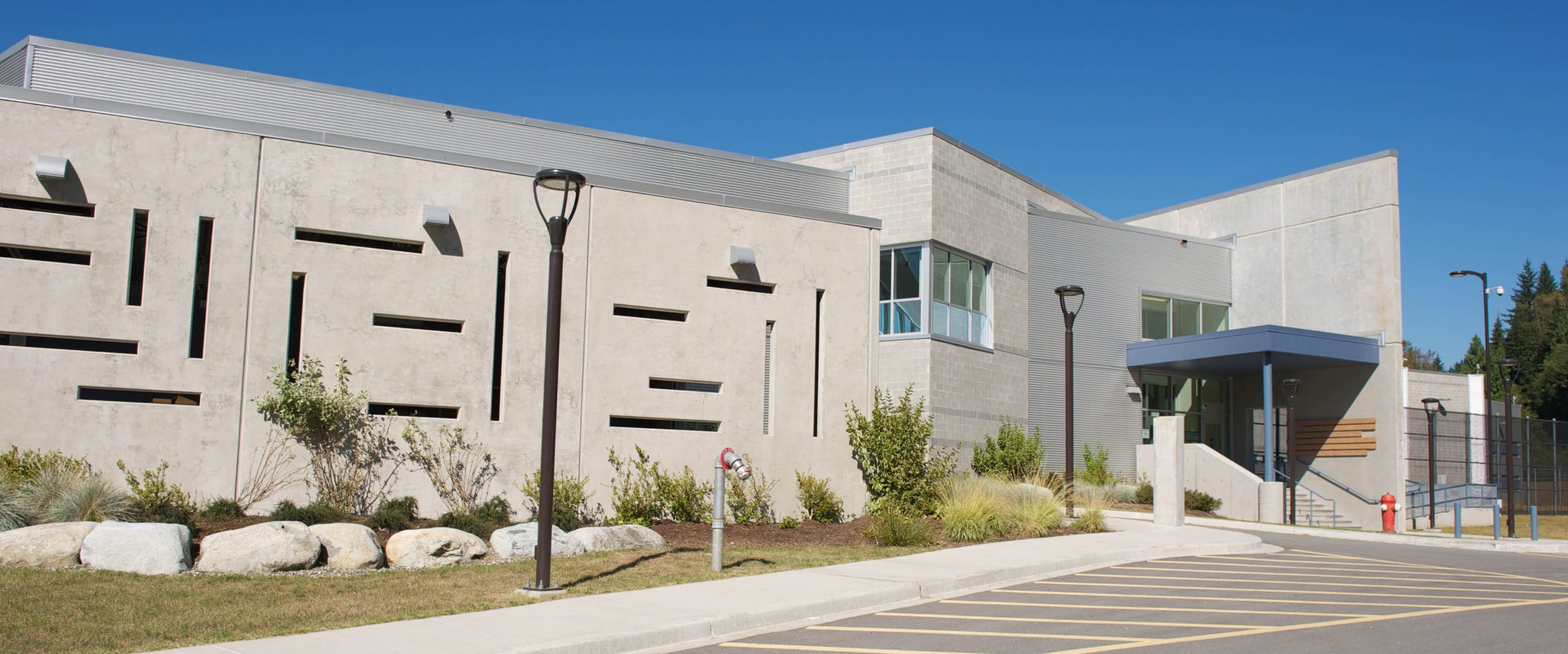
We acknowledge that the UBC Vancouver campus is situated on the traditional, ancestral, and unceded territory of the xʷməθkʷəy̓əm (Musqueam).
Margaret Erickson, Correctional Centres, B.C.
Margaret Erickson, Correctional Centres, B.C.
Looking at challenges to accessing, and provision of, healthcare education in two provincial correctional facilities

Prison populations are a captive audience who are eager to learn about healthcare for themselves, their families, and wider communities.
That’s what Margaret Erickson found when her practicum in early 2016 took her to Alouette Correctional Centre for Women and Fraser Regional Correctional Centre. Here, she looked at the barriers incarcerated populations faced accessing information and education about healthcare, with a focus on Hepatitis C, HIV and substance use, and worked with healthcare and corrections staff, and men and women who are incarcerated, to produce educational materials to address this.
Margaret had conversations with men and women who are incarcerated and staff and then developed educational materials such as pamphlets, and gave presentations to incarcerated populations in different units of Alouette, and to unit representatives at Fraser Regional, about possible sources of information and help, such as a free phoneline for addictions-related treatment options, care and counselling. These were very well-received, Margaret says, and she noticed the positive relationship between correctional staff and incarcerated persons, particularly at Alouette, where she was able to move freely from maximum secure facilities to minimum secure during her time there.
“Everyone had questions and asked when I was coming back.”
Her practicum focus was important because there was a high turnover of incarcerated persons, many of whom were using substances in the community, and often addictions counselors did not have enough time to see everyone. Provincial prisons do not provide harm reduction equipment for illicit substance use despite its existence within correctional settings. Therefore, there is an added need to ensure that people who are incarcerated have access to information regarding the transmission of infections such as HIV and Hepatitis C. “There are still a lot of myths.”

“Prison populations are so diverse.”
Going into the practicum, Margaret says she felt nervous and excited. While she did get discouraged at one point, due to the unforeseen barriers she faced navigating how to address public health issues within the high security settings, the practicum was great for discovering that she enjoyed the chance to deliver public health information to unique populations. Her advice to incoming students is to make sure the practicum experience is structured, with clear, achievable goals. If students are aiming to get a job in a particular field of interest, aim to get a practicum in this area.
As for her more memorable experiences on practicum, Margaret says she really enjoyed spending time with the unit representatives at Fraser Regional, who were “hilarious, a bunch of really nice guys”, who provided input to corrections staff about many things, from what candy bars they wanted in the canteen to giving their perspectives on what was needed in the prison and advocating for the well-being of incarcerated men in areas such as food quality, yard time access and healthcare waitlist times.
If you’d like to get in contact with Margaret to discuss a practicum in correctional facilities, you can email her at margaret.erickson@hotmail.com.